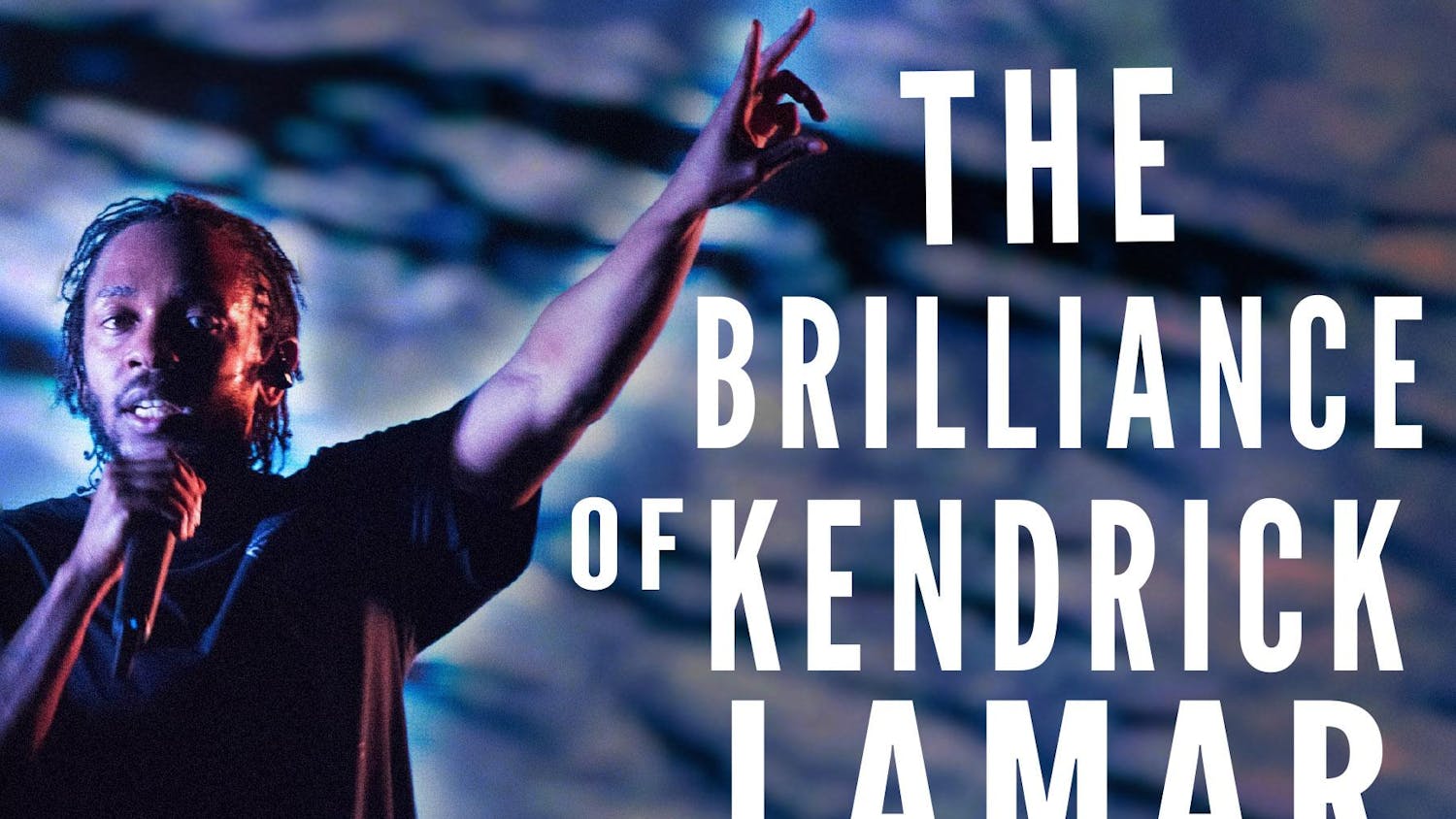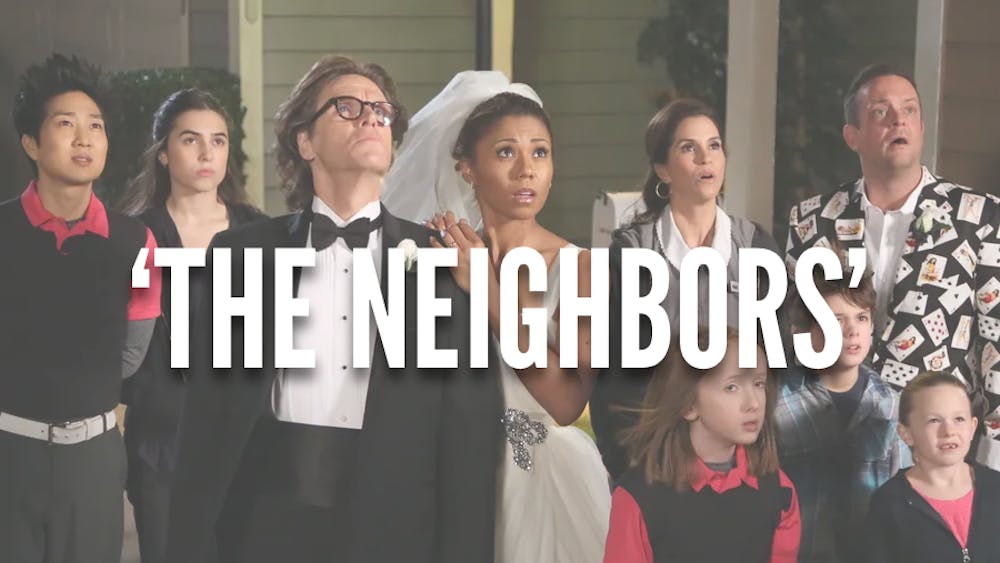When it comes to adapting a musical for the big screen, there's little the director can tweak from the original source. "Les Misérables" is no exception, especially because of its status as one of the most adored musicals of all time. I've been a longtime fan of the play myself, and having the opportunity to see it on the big screen with such an incredible lineup of talent was enough to hook my interest.
This isn't the first time "Les Mis" has been adapted into a movie - the original starred Liam Neeson, the man who can do it all - but what was so intriguing about this new take on it was that for the first time in a musical film, the actors would be singing live on camera. Usually, the actors just lip-sync to a recorded track. The result is a near three-hour film that, while having its fair share of flaws, is an overall success. Keep in mind I say this as someone who is familiar with the musical, and for those of you who are going in blind, there's a chance you'll have a far different opinion. What makes this film a success is that it stays faithful to the original musical and features some remarkable performances.

"Les Misérables" was originally adapted from its novel of the same name written by Victor Hugo, and since its birth on the stage it has experienced the closest thing to a cult following that a musical can have (except maybe "Rocky Horror Picture Show"). Set in 19th-century France, Les Mis tells the story of Valjean (Hugh Jackman), who is released from prison after a 20-year sentence for stealing a loaf of bread. With the help of a bishop (played by the original Valjean, Colm Wilkinson), Valjean starts a new life by breaking his parole and assuming a new identity. The only problem (aside from the rise of the French Revolution) is that Valjean must avoid his old nemesis, Inspector Javert (Russell Crowe), who is on the hunt for him after his parole violation.
Through his journey, Valjean adopts the orphaned girl Cosette (first played by Isabelle Allen then Amanda Seyfried) after the passing of her mother and his previous employee, Fantine (Anne Hathaway). The second act continues their story years later amidst the French Revolution as we meet a younger crew of characters. Les Mis is filled with struggle, violence, romance, and plenty of death. Though the story is not a positive one (just look at the title), audiences have for years fallen in love with this memorable and layered cast of characters.
Jackman does a remarkable job carrying this film as the lead. He's had years of experience in musical theater, and there is no denying that Jackman has talent. Because I'm sure you haven't heard this enough times yet, Anne Hathaway knocks it out of the park in her 20-minute role as Fantine and her performance is the crown jewel of the film. Her performance of "I Dreamed a Dream" is shattering. The emotional and vocal range of these two actors is stunning to say the least.
Russell Crowe's performance, on the other hand, falls short in comparison. The guy is an amazing actor, and while he got his start as a singer, it's clear that Crowe doesn't belong in a musical. Eddie Redmayne gives an excellent performance as Marius and provides a much-needed sense of emotion and energy to the final act of the film. Seyfried performs well as Cosette and sings beautifully, despite some out-of-control vibrato. Samantha Barks as Eponine can definitely sing, but lacks the needed emotional range. Sacha Baron Cohen (yes, Borat is in this movie) and Helen Bonham Carter don't stand out vocally but do bring a well-needed dose of humor to the film.
Director Tom Hooper, who also directed "The King's Speech," was definitely ambitious in his latest project, but between the massive spectacle and some outstanding performances, many of the story's themes become lost. "Les Misérables" is about how the sum of our cumulative life choices is what alters the course of history, yet it's easy to miss that lesson by the film's end.
Though 160 minutes without intermission is a lot to ask out of an audience, but Hooper still delivers an entertaining and faithful rendition of this beloved classic. The film as a whole is uneven, yet when it's good, it's fantastic. In the end, Hooper's "Les Misérables" should be recognized for its amazing collaboration, performances and effort.

Contact William Neal at wneal@nd.edu
The views expressed in this column are those of the author and not necessarily those of The Observer.












